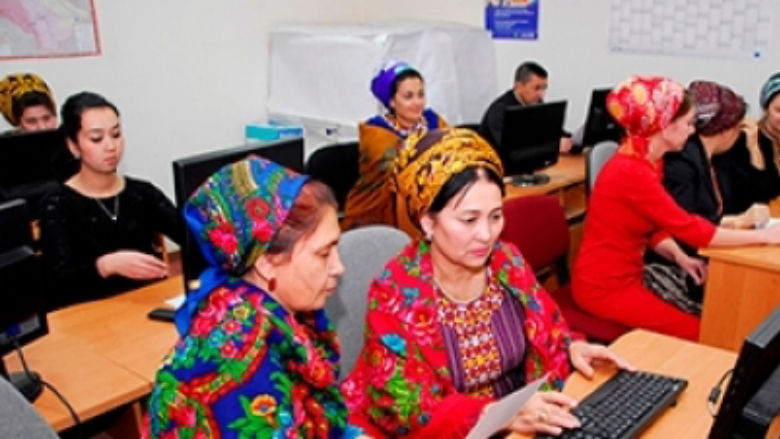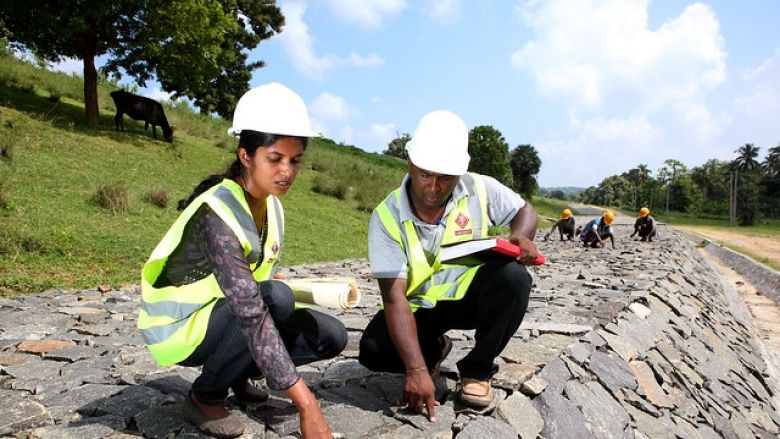We build tools and evidence to track how policies and projects affect employment.
We expand access to better jobs data. Through the , we provide harmonized labor force and household surveys that allow countries to track employment, productivity, and earnings consistently over time. We are also curating new employer–employee datasets that link firm and worker data, leading to fresh insights into how business dynamics translate into jobs. We are also developing a Jobs Data Dashboard to facilitate jobs diagnostics and enable benchmarking across countries and regions.
We improve how jobs impacts are measured. Building on pilots like SEJLS, we use input–output analysis, value chain approaches, and macroeconomic models to go beyond direct beneficiaries and capture the wider effects of reforms and investments on jobs. This work helps governments see how infrastructure, digital, trade, or green policies translate into more—and better—jobs.
We support the upcoming World Bank’s corporate jobs indicator. We help teams across sectors measure the jobs impacts of their projects and produce sectoral guidance notes that make it easier for practitioners inside and outside the Bank to design and report jobs outcomes in a consistent way.
We use macro models to test policy choices. By embedding jobs outcomes in simulations of trade, tax, or energy reforms, we help policymakers understand trade-offs and design strategies that maximize growth and job creation.
Our key outputs:


